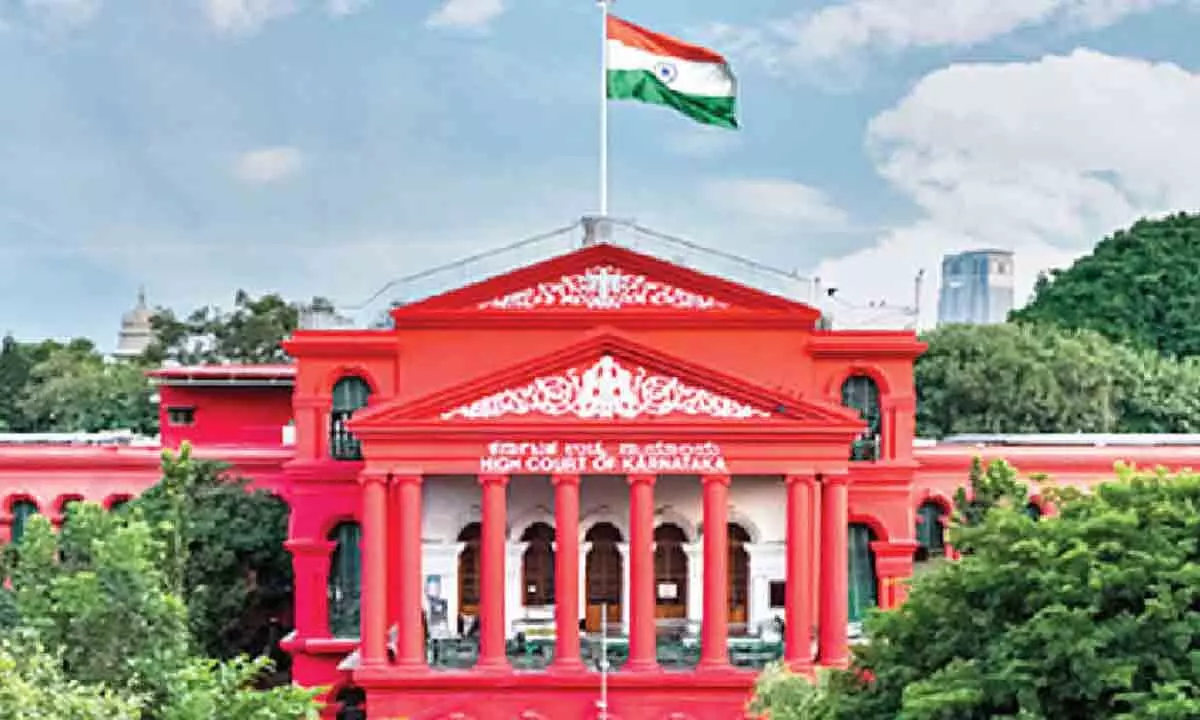HC announces verdict in Kannada for the first time

For the first time in the history of the Karnataka High Court, a division bench pro-nounced a verdict in Kannada, giving rise to a long-standing demand that Kannada should be given priority in the High Court and that the verdict should be given in Kannada.
Bengaluru: For the first time in the history of the Karnataka High Court, a division bench pro-nounced a verdict in Kannada, giving rise to a long-standing demand that Kannada should be given priority in the High Court and that the verdict should be given in Kannada.
On the occasion of Indian Language Day, a division bench comprising Justices Krishna S Dixit and CM Joshi wrote the verdict of a case separately in English and Kannada. Also, Justice Krishna Dixit wrote a new commentary by reading the opera-tive (summary of the verdict) part of the verdict in Kannada.
The judgments of the court should be understandable to the common people. It will not be possible if it is given in English or a language unknown to them. Although the reasons given for giving the verdict or the discussions of the constitutional rules held in it cannot be written in Kannada, at least the operative part of the verdict should be written in Kannada. This will help the common people and the litigant understand what the verdict is.
If Kannada is not to die out, Kannada should be given recognition. Justice Dixit as-serted that business should be conducted in Kannada even in constitutional institutions.
The court has given its verdict in the original appeal (original side appeal) filed by Nanjavadhuta Swamiji of Gurugunda Brahmaswara Swamy Mutt in Pattanayaka-nahalli, Shira taluk, Tumkur (vs. S Linganna and others). The verdict has been pub-lished in Kannada and English.
Meanwhile, Justice C M Joshi, who shared the division bench, responded and said that the Supreme Court should also give priority to regional languages and that the judgments should be translated into the respective local languages. Accordingly, he said that 2,400 judgments of the Supreme Court have been translated into Kannada (High Court) at present.











